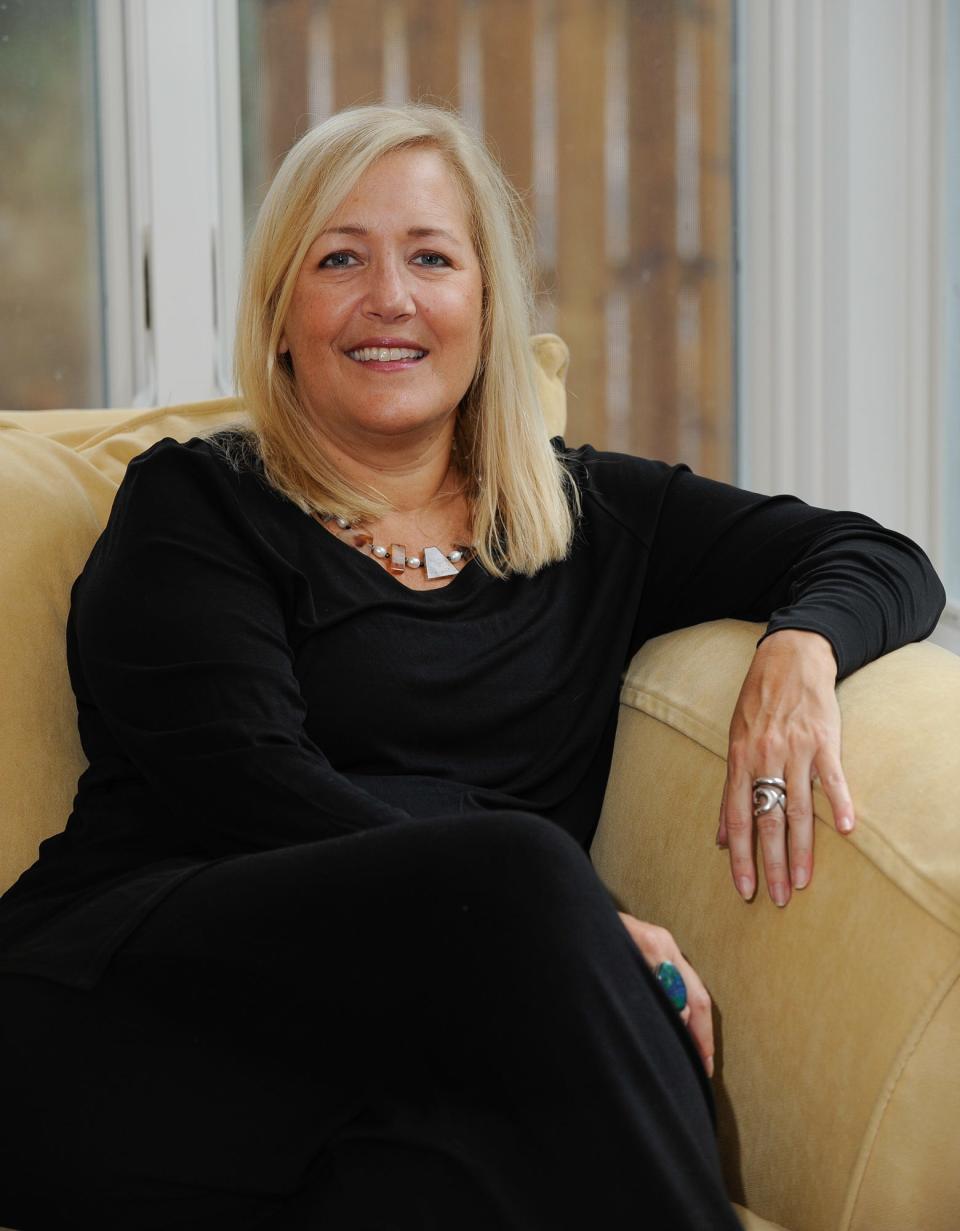Aid in dying: Most Delaware doctors support End of Life Options Act. Pass it | Opinion
- Oops!Something went wrong.Please try again later.
As Delaware lawmakers consider whether to pass the Ron Silverio/Heather Block Delaware End of Life Option Act that would allow terminally ill Delawareans to gently end their suffering if it becomes unbearable, we believe it’s our duty as physicians to provide the facts and to dispel erroneous concerns about this compassionate legislation.
Modeled after Oregon’s 1994 Death with Dignity Act, Delaware’s legislation would authorize medical aid in dying only for mentally capable, terminally ill adults with six months or less to live as determined by two physicians. The decision to choose medical aid in dying is patient-directed and completely optional. To qualify, individuals must be fully capable of making their own healthcare decisions and must be able to self-ingest the medication. No one, including physicians and other healthcare professionals, is required to participate in medical aid in dying.
A Journal of Medical Ethics report about the Oregon Death with Dignity Act concluded: “Rates of assisted dying in Oregon...showed no evidence of heightened risk for the elderly, women, the uninsured ... people with low educational status, the poor, the physically disabled or chronically ill, minors, people with psychiatric illnesses including depression, or racial or ethnic minorities, compared with background populations.”
Medical aid in dying is a well-established medical practice, currently authorized in 10 states — Oregon, Washington, Montana, Vermont, California, Colorado, Hawaii, New Jersey, Maine and New Mexico — and the District of Columbia, with clinical criteria published in the peer-reviewed Journal of Palliative Medicine.
More than two decades of experience from these states — including Delaware neighbors New Jersey and D.C. — demonstrates that medical aid in dying works as designed with no evidence of misuse.
Opponents’ alleged accounts of insurance companies denying care and suggesting medical aid in dying are dubious because they fail to provide any evidence to support them. According to a New England Journal of Medicine research article, co-authored by a medical aid-in-dying opponent: “There are no substantial cost savings” for medical aid in dying. There is a simple explanation: 90 percent of terminally ill patients who utilize medical aid in dying in Oregon are enrolled in relatively inexpensive hospice care covered by Medicare and Medicaid.

In contrast, federal law prohibits federally-funded government insurance programs from covering multiple physician consultations for medical aid in dying that cost several hundred dollars or the medication, which costs up to $1,000. While some private insurers cover the medication, others don’t. While less than one percent of deaths involve medical aid in dying in the states where it is allowed, a Journal of Palliative Medicine report concluded these laws improve care for many other terminally ill patients by spurring them to start conversations with their doctors about all end-of-life care options, including hospice and palliative care. The Delaware legislation and laws in other states specifically require physicians to advise any patient who requests medical aid in dying about all end-of-life care options, including hospice and palliative care. Oregon’s law has helped the state to lead the nation in hospice enrollment.
A NüPOINT Research poll conducted in May-June, 2022, indicated that nearly three out of four Delaware physicians surveyed (74%) support legislation that would allow medical aid-in-dying in Delaware. An August 2021 survey by the Society of Gynecological Oncologists showed nearly 7 out of 10 respondents (69%) believed medical aid in dying should be legal. And in 2019, the American Medical Association confirmed that physicians may provide medical aid in dying without violating their ethical obligations.
These state and national medical organizations recognize medical aid in dying as an end-of-life care option:
Delaware Section of the American College of Obstetricians and Gynecologists
Delaware Chapter of the American Academy of Family Physicians
American Academy of Family Physicians
American Academy of Hospice & Palliative Medicine
American Academy of Neurology
American Public Health Association
American College of Legal Medicine
As physicians, we promise to respect our patients’ autonomy and relieve their suffering. Medical aid in dying will bring comfort and peace of mind to terminally ill patients by putting them, not the disease, in control.
We encourage both the Delaware House and Senate to pass the Ron Silverio/Heather Block Delaware End of Life Options Act.
— Robert Varipapa, MD, Dover
— Anna Marie Damico, MD, Wilmington
— Rita Meek, MD, Historic New Castle
— S. Charles Bean, MD, Wilmington
— Gregory Griffin, MD, Wilmington
— Stephen Eppes, MD, Wilmington
— John LaFerla, MD, Bear
— Laura Inselman, MD, Wilmington
— Robin Miller, MD, Wilmington
— Shirley P. Klein, MD, Wilmington
— Kirsten Smith, MD, Hockessin
This article originally appeared on Delaware News Journal: Aid in dying: Most Delaware doctors support End of Life Options Act

